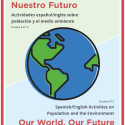
Spanish/English lessons for 6 - 12th grade teachers cover sustainability and population change

Packet of 2025 Earth Day lesson plans for 6th, 7th and 8th grades is free to download!...
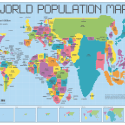
This lesson plans linked below accompany the World Population Map, a population cartogram. Population Squared is an...

Set of 4 lessons and 1 reading on water pollution, use of fresh water, and solutions for...

Set of 5 lessons and 1 reading on consumption choices and waste, encouraging plans to reduce pollution.
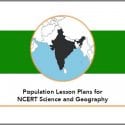
Population Lesson Plans for NCERT Science and Geography is a set of lesson plans for teachers in...
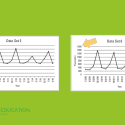
This interactive biology and ecology activity engages students in graphing and analyzing population growth curves for six...
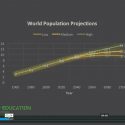
First, students interpret a graph of global population projections through 2100 from the UN. Then, students build...
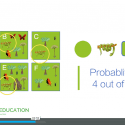
In this interactive biodiversity lesson, students work in small groups to complete a probability-based simulation that models...
PopEd Impact
campuses
"The activities not only bring out important content, but they also provide real-world context for environmental, population and sustainability issues. They engage participants in very thought-provoking and critical-thinking discussions.”
Helen de la Maza, Environmental Educator, Irvine, CA

